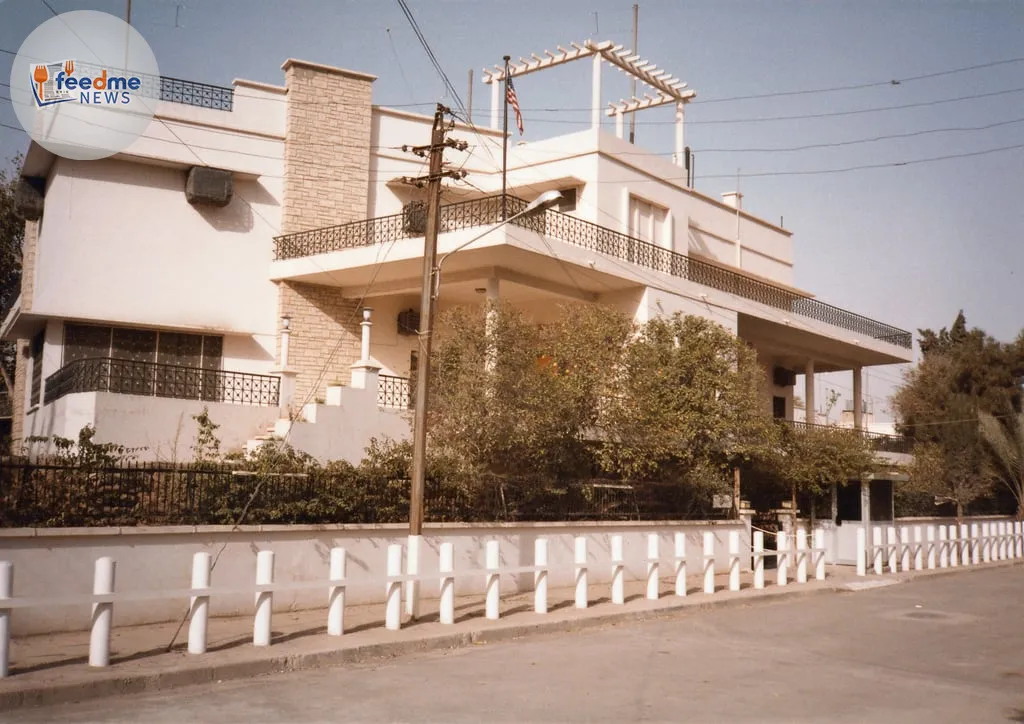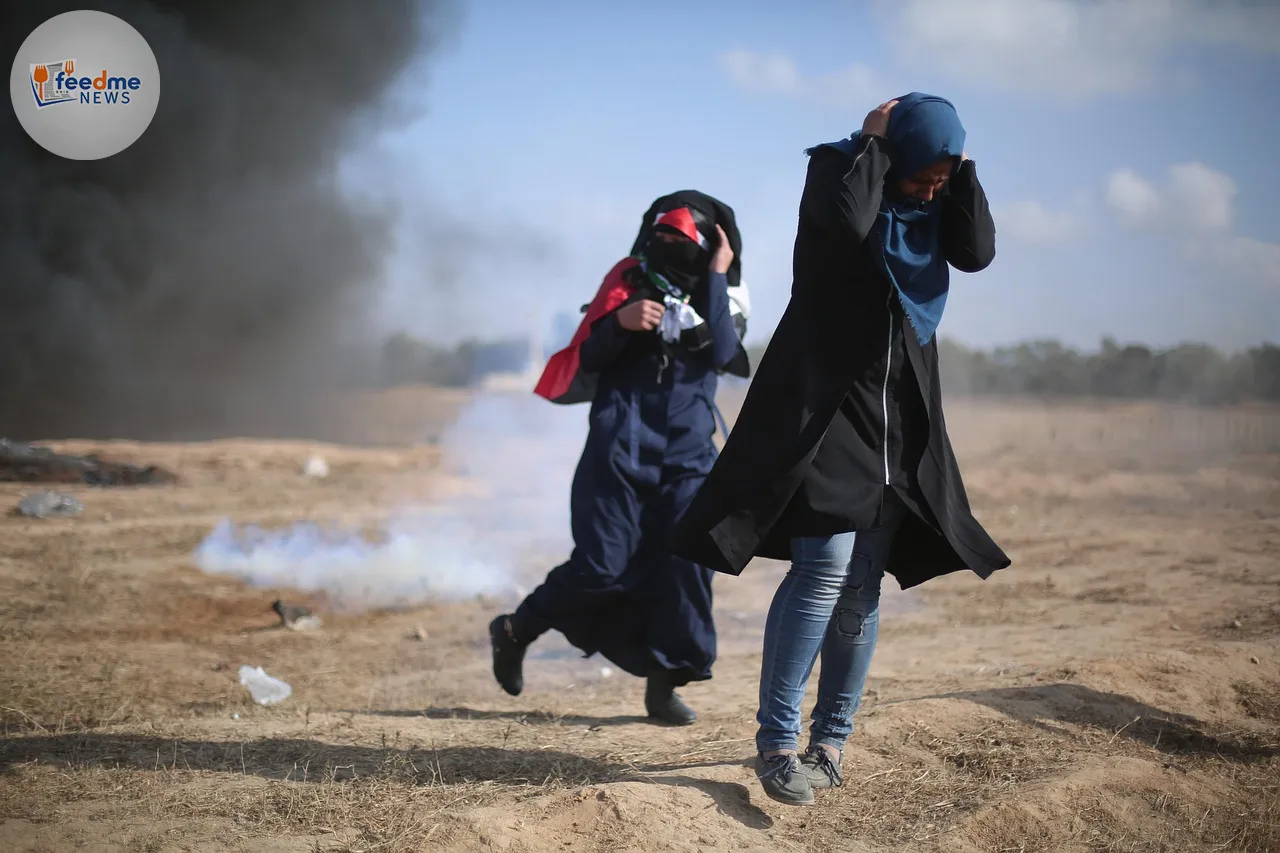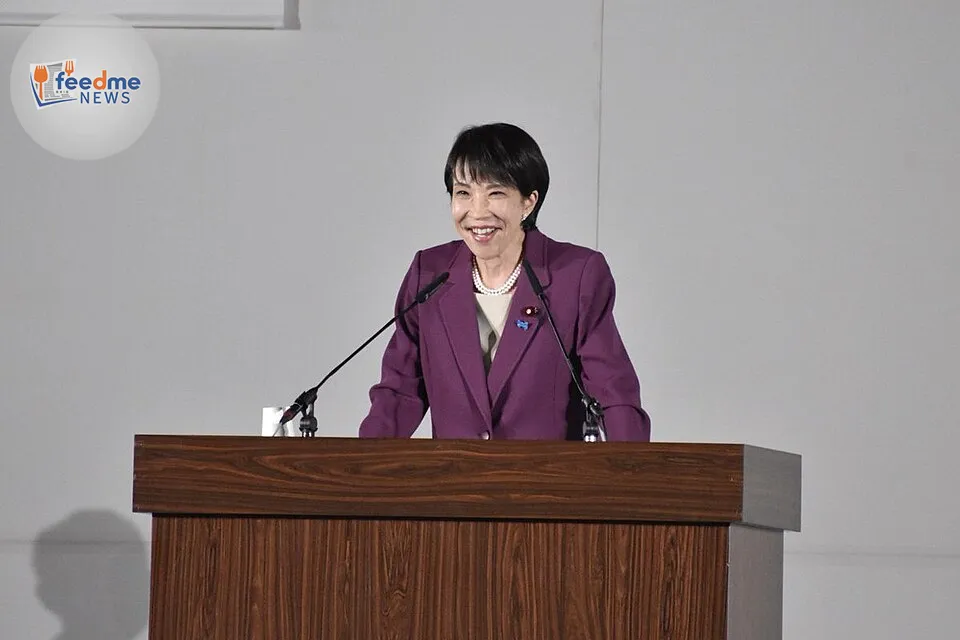In a significant move reflecting the intensifying geopolitical strain, the United States has announced a partial evacuation of its embassy in Baghdad, Iraq. This decision comes amidst rising tensions between the US and Iran, with growing concerns over security threats to American personnel in the region. The action underscores the volatile nature of Middle East relations and the escalating risk of conflict that could have far-reaching implications for global stability.
The State Department’s announcement follows reports of increased military activity and intelligence suggesting potential threats against US interests in Iraq. The decision to evacuate non-essential staff highlights the seriousness with which the US administration views the current situation, as diplomatic efforts continue to manage the delicate balance of power in the region.

Tensions Rise Amidst Regional Instability
The decision to evacuate comes at a time of heightened tension in the Middle East. The US has long viewed Iran’s influence in Iraq and the broader region as a destabilising factor. Recent developments have only exacerbated these concerns, with reports of Iran-backed militia activity in Iraq posing direct threats to US personnel and interests.
The move to partially evacuate the embassy in Baghdad is also seen as a precautionary measure in response to intelligence reports indicating potential attacks. This decision reflects a broader strategy to ensure the safety of American citizens while maintaining a diplomatic presence in this strategically critical region. The evacuation signals the seriousness of the threat and the potential for further escalation if diplomatic solutions are not found.
Diplomatic Efforts and Military Preparedness
Despite the evacuation, the US remains committed to diplomatic engagement in the region. However, the current situation underscores the delicate balance between diplomacy and military preparedness. The US has reiterated its commitment to protecting its interests and allies in the region, while also emphasising the importance of diplomatic solutions to de-escalate tensions.
Military preparedness remains a key component of the US strategy in the region. The presence of US forces in Iraq and the broader Middle East serves as a deterrent to potential aggression and a means of protecting American interests. The evacuation of non-essential embassy staff does not signal a withdrawal from the region but rather a strategic adjustment to ensure the safety of personnel while maintaining operational capabilities.
Regional Reactions and Global Implications
The partial evacuation of the US embassy has elicited a range of responses from regional actors. Some countries view the move as a necessary precaution, while others see it as an indication of escalating tensions that could lead to broader conflict. The situation has also prompted reactions from global powers, with calls for restraint and dialogue to prevent further escalation.
The potential for conflict in the Middle East has significant global implications. The region’s importance in global energy markets and its strategic location mean that any escalation could disrupt global supply chains and have far-reaching economic consequences. The US decision to evacuate its embassy in Baghdad is a reminder of the fragile nature of regional stability and the importance of diplomatic efforts to manage tensions.
Looking Ahead: Diplomatic and Strategic Considerations
As the situation unfolds, the focus remains on finding diplomatic solutions to reduce tensions and prevent conflict. The US and its allies continue to engage with regional partners to address security concerns and promote stability. The partial evacuation of the embassy is a precautionary measure, but it also highlights the need for a comprehensive strategy to address the underlying issues driving regional instability.
The coming weeks will be critical in determining the trajectory of US-Iran relations and the broader regional dynamics. Diplomatic efforts will need to be complemented by strategic considerations to ensure that the situation does not escalate into a broader conflict. The US remains committed to working with its allies and partners to promote peace and stability in the region, while also ensuring the safety and security of its personnel.
In conclusion, the partial evacuation of the US embassy in Iraq reflects the complex and volatile nature of Middle East geopolitics. As tensions with Iran continue to rise, the focus remains on diplomatic solutions and strategic measures to prevent conflict and ensure regional stability. The situation underscores the importance of vigilance and preparedness in navigating the challenges of an increasingly complex global landscape.






